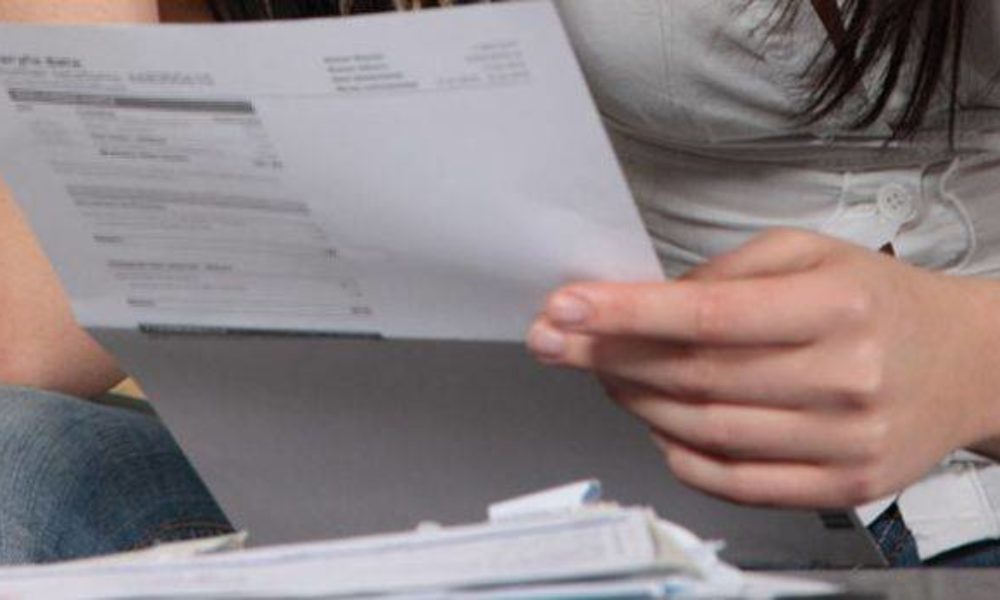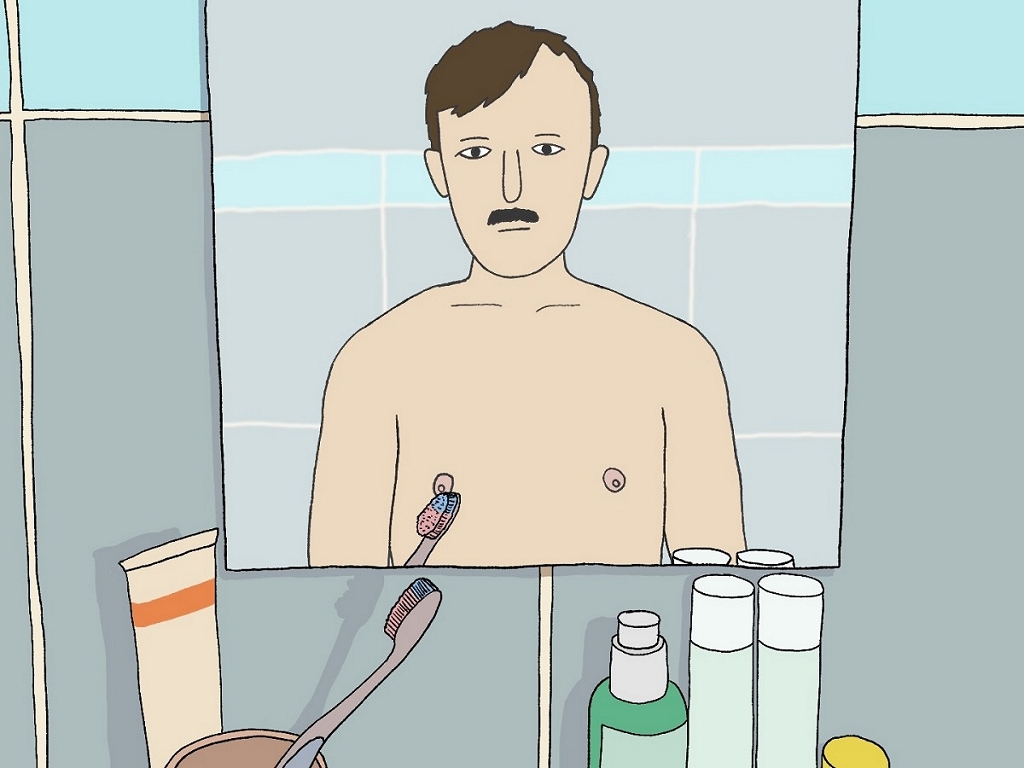Energy bills after July 1: What changes

From July 1, vulnerable consumers in Romania will benefit from additional support from the state to reduce electricity invoices. The announcement was made by the Minister of Energy, Sebastian Burduja, who publicly presented the main measures and perspectives on the evolution of energy prices.
« It is normal for the state’s support to go to those who do not allow the payment of these invoices, as is the case in most European states, » Burduja said. Also after July 1, domestic consumers with a consumption of more than 255 kWh per month could benefit from decreases of up to 20% of the invoices, given that there are already offers in the market at about 1 leu/kWh, compared to the current ceiling of 1.3 lei/kWh.
In a broad public message, the Minister of Energy explained that the price of energy is determined by the market, according to the relationship between demand and offer, and not by the direct intervention of the authorities. To reduce prices, the main solution remains the increase in energy production, through massive investments in new capacities.
In this regard, Burduja announced that in 2024, 1,251 MW of new capacities were put into operation, the equivalent of the total installed in previous eight years. For this year, 2,500 MW new MW is estimated, which would represent the best post -December year for the energy sector. Also, the projects of modernizing the hydroelectric plants have been resumed for decades, aiming at an additional contribution of 700 MW.
« Investments, investments, investments – this is the only way for smaller invoices, » the minister said. According to him, Romania has attracted over 14 billion euros European funds for the energy sector in the last two years.
Burduja also explained the external causes that influence the current prices. After the beginning of the Ukraine war, energy and gas prices increased massively throughout Europe, and Eastern Europe faced an energy deficit. In addition, the lack of effective interconnections with networks in Central and Western Europe limits access to cheaper energy from other Member States. The minister said that, following negotiations at European level, the development of interconnections has now become a priority of the European Commission.
Regarding the current situation of the invoices, Burduja provided concrete data:
46% of the places of household consumption (over 4 million) pay about 32 lei per month, at an average consumption of 46 kWh;
37% consumes on average 147 kWh per month, with an invoice of about 118 lei;
The remaining 17%, with an average consumption of over 255 kWh, benefits from the price cap at 1.3 lei/kWh.
The minister has reminded that in the last three years Romania has maintained among the lowest energy prices in the EU, given that the capping of prices has been maintained despite the inflation and the increase of the minimum wage.
At the same time, Burduja recommended consumers to actively choose their supplier with the best offer, a simple process that can be done online. He also rejected the idea of returning to gas imports from Russia, which he considers a threat to the energy security of Romania.
Regarding the regulation of the market, the minister said that ANRE (authority subordinated to the Parliament) has applied record fines, of tens of millions of euros, for energy abuses in the last two years.








